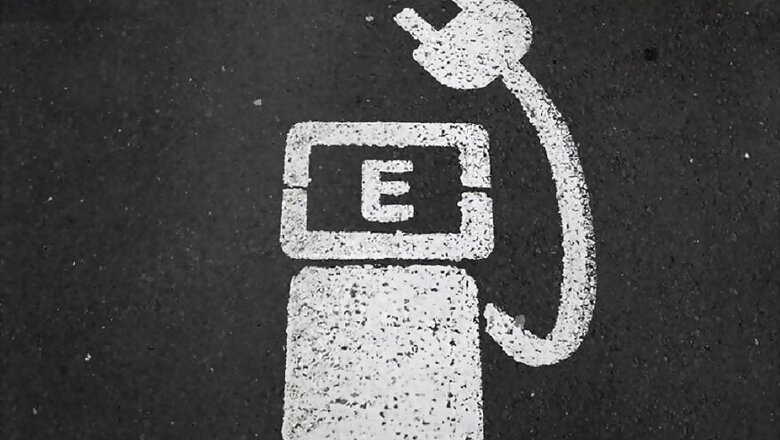
views
Starting April 1, electric three and four wheelers will need a valid permit from government agency stating that the vehicle will be used only for public transport purposes to avail incentives under the Rs 10,000-crore FAME India scheme, as per official notification. The Faster Adoption and Manufacturing of (Hybrid) and Electric Vehicles (FAME) scheme in its second phase starting next week, spanning three years, will support 5 lakh e-rickshaws (e-3W) having ex-factory price of up to Rs 5 lakh with an incentive of Rs 50,000 each. It will also offer a sop of Rs 1.5 lakh each to 35,000 electric four-wheelers (e-4W) with an ex-factory price of up to Rs 15 lakh with an aim to boost clean mobility in mass transport.
According to operational guidelines for delivery of demand incentives under FAME-II notified by the heavy industry ministry, a dealer will have to ensure that the demand incentive is not passed on to individuals, using vehicles for private use in case of three wheelers and four wheelers. At the time of selling, the dealer has to collect from the purchaser of e-3W or e-4W, "valid permit from respective government agency stating that vehicle will be used for public transport or for commercial transport only".
"In the e-3W, e-4W and e-bus segments, incentives will be applicable mainly to vehicles used for public transport or those registered for commercial purposes," it added. However, for e-2W segment, incentives are also applicable for privately-owned vehicles in addition to those for public transport or for commercial purposes, it added. Under FAME II, two-wheelers costing up to Rs 1.5 lakh are eligible for incentive of up to Rs 20,000.
"A dealer should ensure that only one vehicle per category per person are allowed to claim demand incentives. No individual person can purchase more than one vehicle of same category and claim incentives under the scheme," the notification said. It, however, added that there will be no restrictions for number of vehicles to be purchased by other than individual categories of buyers.
Previously under FAME I, electric vehicles for personal usage were allowed to avail of the government support. Moreover, both conventional technology (lead acid battery) and advanced technology batteries were entitled varying amount of subsidies.
Under FAME II the subsidies will be restricted only to advanced battery technologies. It has been proposed to extend uniform demand incentive of Rs 10,000 per KWhr for all EVs, including PHEV and strong hybrids except e-buses. For e-buses the demand incentive will be Rs 20,000 per KWhr, which is subject to competitive bidding amongst the manufacturers.











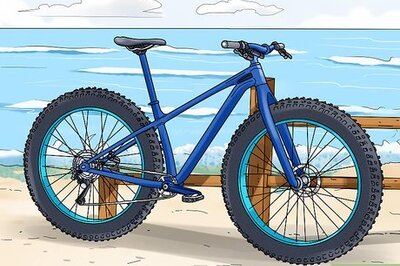

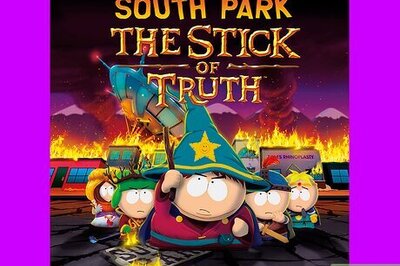
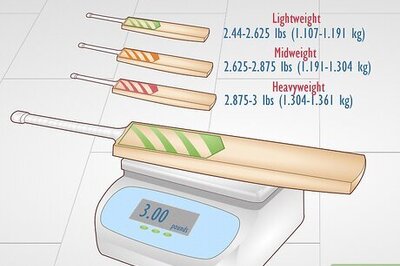
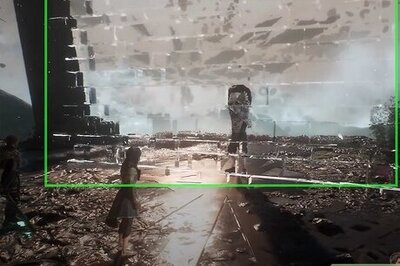

Comments
0 comment